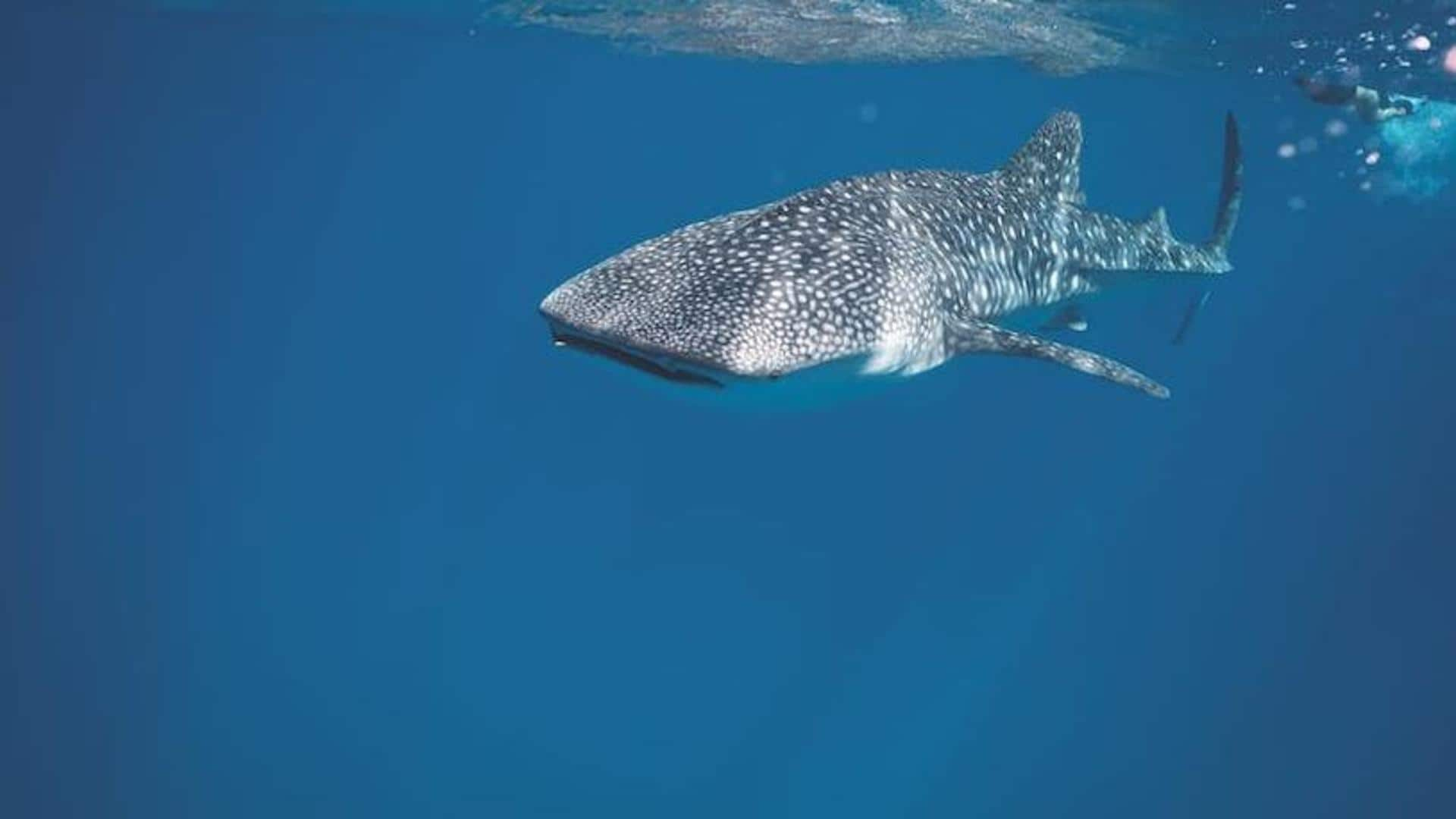
Aquatic heroes: Rescuing the planet, one swim at a time
What's the story
Animals play a bigger role in the environment than you may think. Each species with its unique abilities/features help in keeping the planet healthy. These selfless beings are helping us in ways they can despite losing their habitat slowly owing to selfish human actions. Read on to know some interesting ways aquatic animals are saving the planet, one swim at a time.
Animal 1
Whales help fight climate change
Increased afforestation is a natural solution to lower carbon dioxide in water bodies and our atmosphere. Another solution is to protect whales. In its lifetime, a single whale is said to absorb more carbon dioxide than 1,000 trees! Additionally, whales promote the growth of phytoplankton, a marine algae that is highly effective in storing carbon dioxide. Whales' defecation acts as fertilizers for phytoplankton.
Animal 2
Octopi are avid recyclers
Octopi or octopuses which are among the most fascinating creatures in the ocean are expert recyclers. They have been known to reuse everything. They explore the ocean for a variety of trash, such as metal, plastic, coconut shells, and glass containers, and then use their tentacles to repurpose the trash into the materials they need to build their homes.
Animal 3
Seals and sea lions help document temperatures
Sea lions have special diving skills that enable them to swim in places where few humans have gone before. They are fitted with sensors that attach to their fur and eventually come off when they molt. When the creatures surface to breathe, information is transmitted to a satellite and is used to build computer models that can more accurately anticipate ocean circulation patterns.
Animal 4
Sharks maintain a healthy balance of species
Sharks are essential to preserving a healthy species balance. Sharks often feed on weak underwater species. Without sharks, these species may continue to breed unchecked, which could result in the extinction of other biomes and coral reefs. Sharks are essential in the prevention of disease because they prey largely on sick and frail species, which lessens the possibility of widespread disease transmission.
Animal 5
Ducks are replacing toxic pesticides
In place of toxic pesticides, ducks have proven to be a practical alternative for many farmers to maintain the health of their crops. Specially trained ducks are released into paddy fields where they consume weeds and insects-promoting crop growth. Additionally, they consume the weed's seeds, which prevents the emergence of new weeds around the plants. Their dung even serves as natural fertilizer.